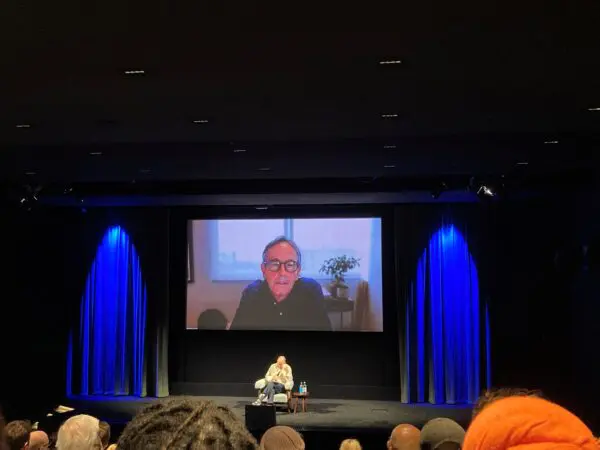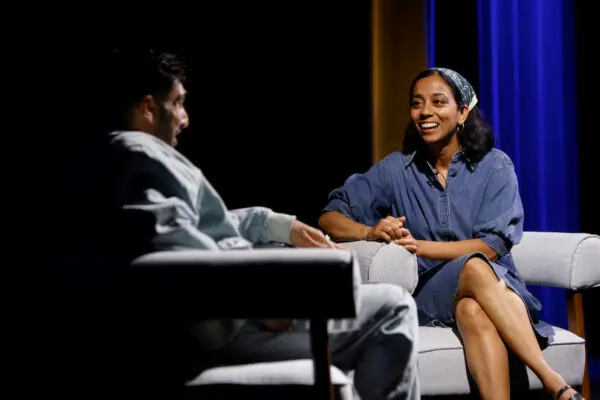Fellowes went on to tantalise Downton fans with talk of a prequel to the series that would provide a narrative to “the courtship of Robert and Cora, when all those American heiresses were arriving in London”. He explained; “They had a slightly troubled courtship, because she was in love with him before they married, as we know, and he married her entirely for her money. I sort of feel there’s something quite nice in there because he’s a decent cove, and so he feels rather guilty about this which has affected their marriage beyond that.”
The screenwriter also considered that the key to his success could be partly attributed to the fact he has always written what he wants to write. Always focusing on the subjects that fascinate him; those of class, relationships and exposing the good in people. “I think you should make films and programmes you want to watch” he explained.
He then added, with genuine humility, that the success of his career as a whole has also had a lot to do with luck. He implored fellow screenwriters not to lose heart if they had yet to be ‘found’, acknowledging that not all talent is ever uncovered. “Not everyone gets their hour and I am incredibly lucky and grateful that I am having mine,” he said.
Going on to offer further advice to aspiring screenwriters Fellowes added; “if you’re a writer whose work has yet to be produced, my advice would be to remember that when you’re writing a script it may not necessarily get made. But it may open the door to further commissions.”
Throughout his lecture Fellowes also frequently returned to pay tribute to Robert Altman. The man who gave him that crucial first film commission and to whom he now attributes the launch of his career.
“My greatest stroke of luck was that Altman decided I had something for him. He was a completely free thinker, a maverick and was prepared to fight to protect my Archean vision in a way that is unusual for directors.” And the world is grateful that he did. In launching the career of Julian Fellowes the worlds of film and television are much richer places.












